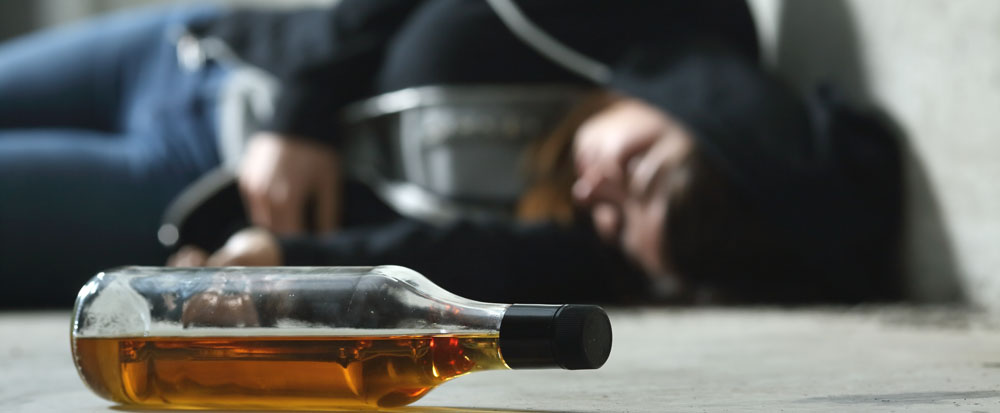Insomnia as a Symptom of Addiction
People who struggle with insomnia have a hard time sleeping at night. This sleep related disorder is a common issue in the UK, and can be traced back to a host of causes including drug abuse, substance abuse, and other forms of addiction. If you constantly consume particular addictive substances, chances are you will not be able to sleep well at night. You may not be able to sleep deeply enough, or for a reasonable amount of time.
Studies have shown that consuming excess alcohol will interfere with your normal sleeping pattern by disrupting the neurotransmitters in your brain, which control and regulate your circadian rhythm. When you consume alcohol in small quantities, it can work as a sedative and cause sleepiness. However, using alcohol as a sedative can be misleading, as the result may actually cause more problems to your sleep cycle.

The Link Between Substance Abuse and A Sleeping Disorder
There is a direct relationship between drug and alcohol abuse, and sleeplessness. Sometimes, the use of stimulants such as cocaine or meth can make it difficult for you to fall asleep. Other times, addictive sleeping medications such as Ambien, or even alcohol, may be abused in an effort to overcome insomnia.
Here are just a few ways addiction and insomnia are related:
- If you have any form of addiction, such as a drug or substance addiction, you are 5 time more likely to suffer from insomnia than someone who doesn’t have any form of addition.
- When you suffer from alcohol or drug dependence, you will typically have trouble sleeping at night, and this can continue long after you have overcome your drug dependency problem.
- Insomnia can trigger a relapse in your recovery process if not handled immediately.
- Insomnia is a risk factor that may cause you to develop certain psychiatric and behavioural disorders, including drug and substance abuse.
- If you already have one form of addiction, and suffer from insomnia, you are more likely to get addicted to any medication you use, or try to use, to treat your sleep disorder.
What Can Be Done About My Insomnia and Addiction?

It is important that everyone gets a good night of rest. Experts suggest that you get at least seven hours of sleep every night. Insufficient sleep is not only detrimental to your health, but can also open the gates to a host of other complications. If you have an addiction that is making it difficult for you to sleep at night, it’s be a good idea for you to speak to a professional about it as soon as possible.
You stand a better chance of overcoming your addiction problems and sleep disorder when you seek out professional help. If you try to do it on your own, or begin to take medication to help you sleep without first dealing with the addiction that caused your sleep disorder, you put yourself at risk of developing another addiction, this time to your sleep disorder-related medication.
Depending on how much damage has been done, this issue can be resolved with therapy, drugs, or a combination of both. Fortunately, it is very easy to get professional help in the UK.
Remember that even though insomnia is a symptom of addiction, your sleep disorder could also be non-addiction related, which is why you need expert help to help you determine the best way forward.
Call our admissions line 24 hours a day to get help.

